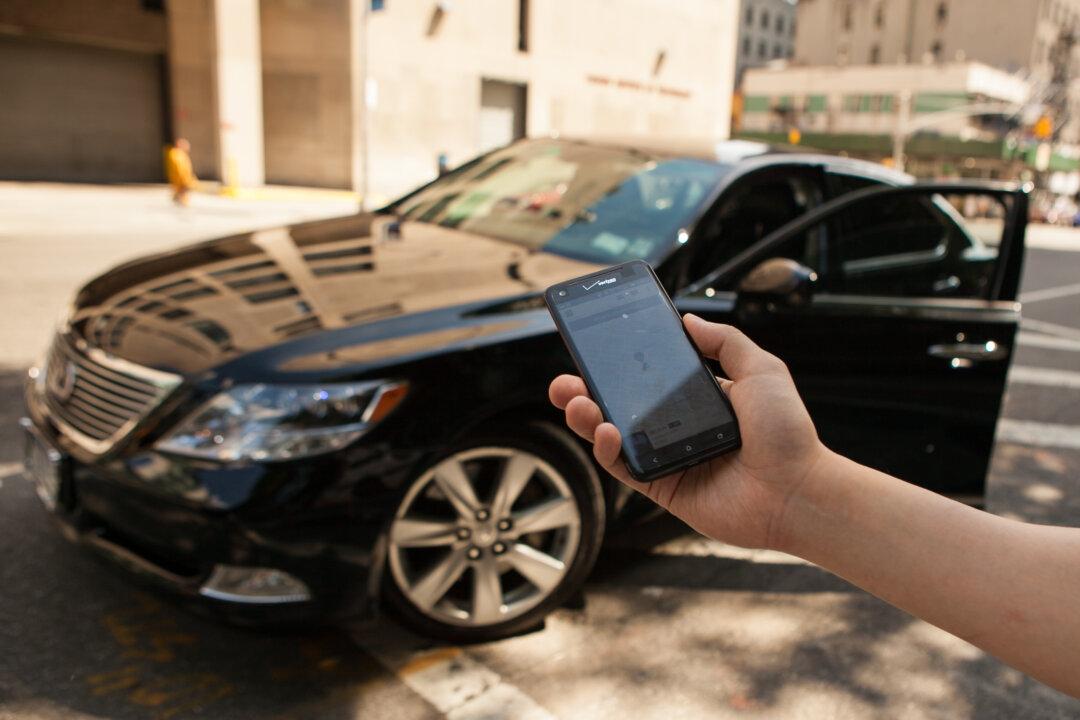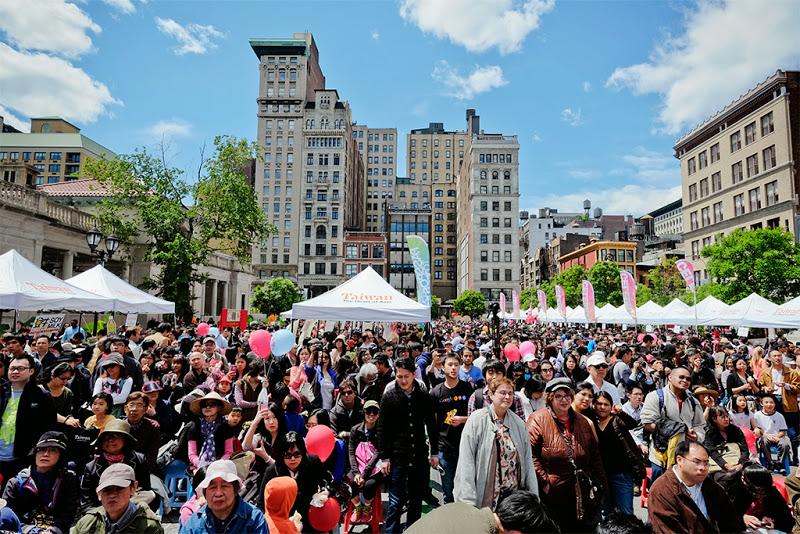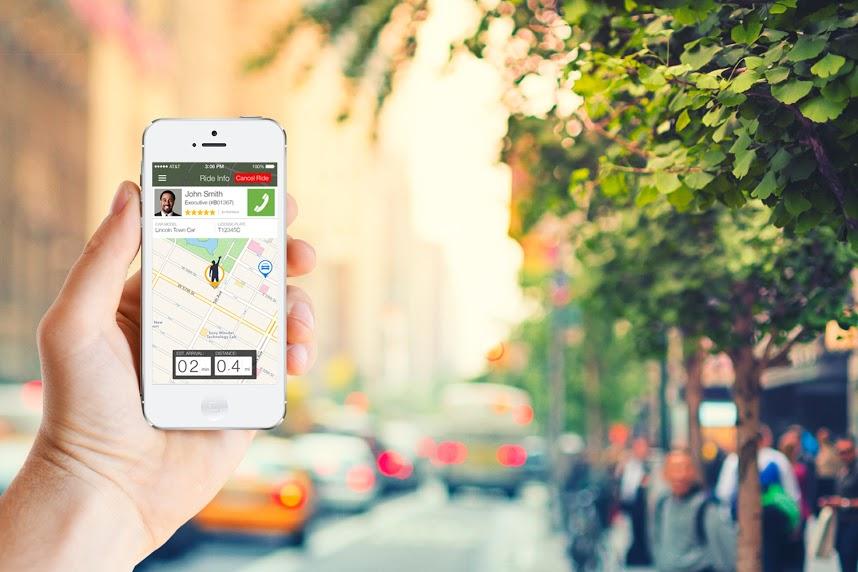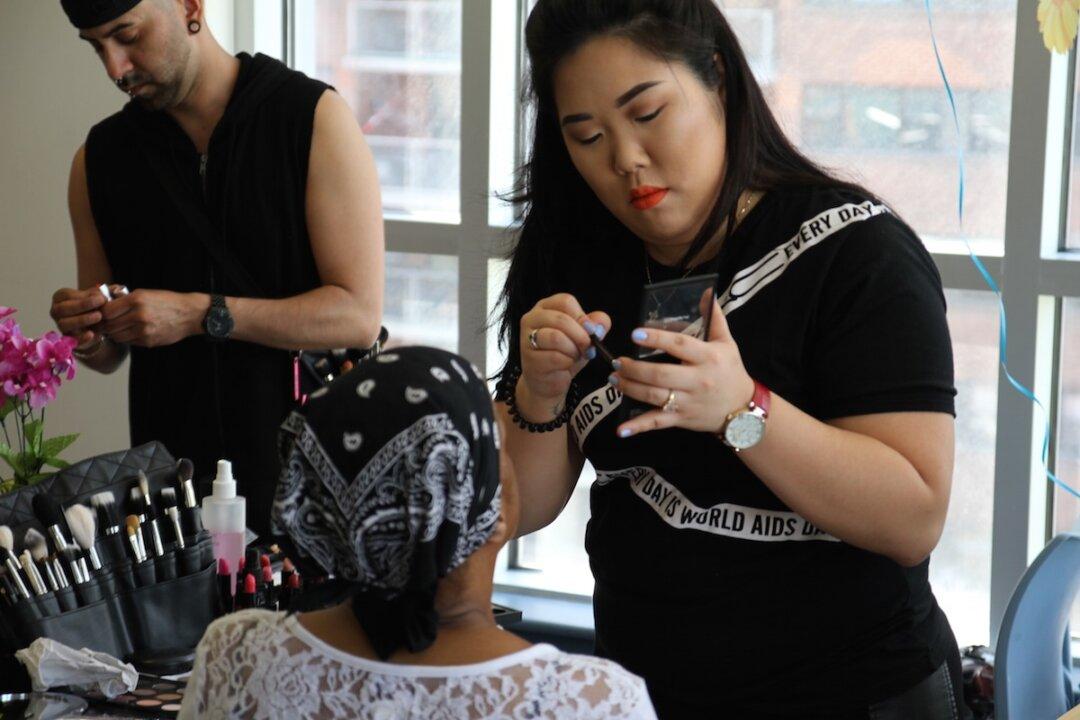Lawsuits against ride-app services Uber and Lyft will be determined by juries, according to two separate rulings in San Francisco on Wednesday. The courts denied the companies’ motions for dismissal.
The two companies are being sued by their drivers for misclassifying drivers as independent contractors and skipping out on paying employee benefits and insurance.
Both U.S. District Judges Edward Chen and Vince Chhabria, ruling on Uber and Lyft cases respectively, found the distinction difficult.
In some ways Uber and Lyft drivers are like independent contractors, according to the court rulings. Independent contractors work under specific terms of a contract or verbal agreement, but are not held to a particular time schedule. The companies’ main argument was that drivers have flexible hours.
There is also the fact that Uber drivers receive instructions to play soft jazz on the radio station NPR in their cars and Lyft drivers are not allowed to smoke in their cars. The wording of such orders are not phrased like the suggestions the companies have claimed they are, said both Chen and Chhabria in their rulings.
The judges found it hard to fit Uber and Lyft drivers into either the definition of an independent contractor or the definition of an employee.
The juries in these cases would be dealing with “a square peg and asked to choose between two round holes,” wrote Chhabria.
What further convinced the judges not to dismiss the cases was that the companies’ arguments fell flat.
Uber argued that it wasn’t a transportation company but in fact a technology company.




